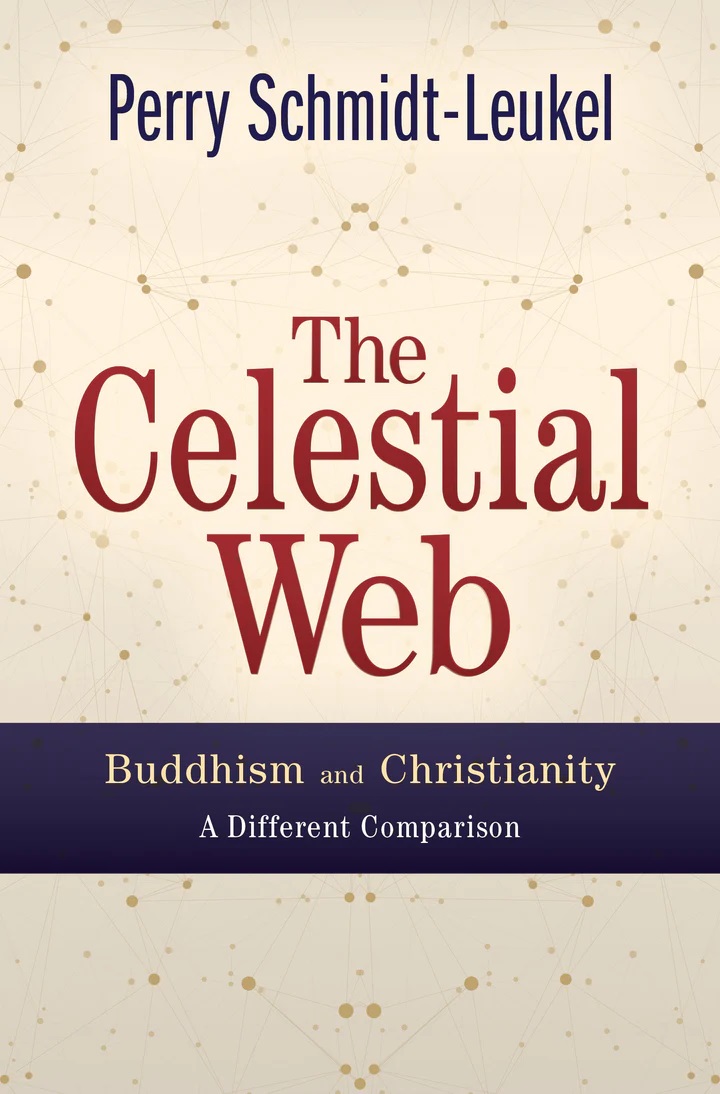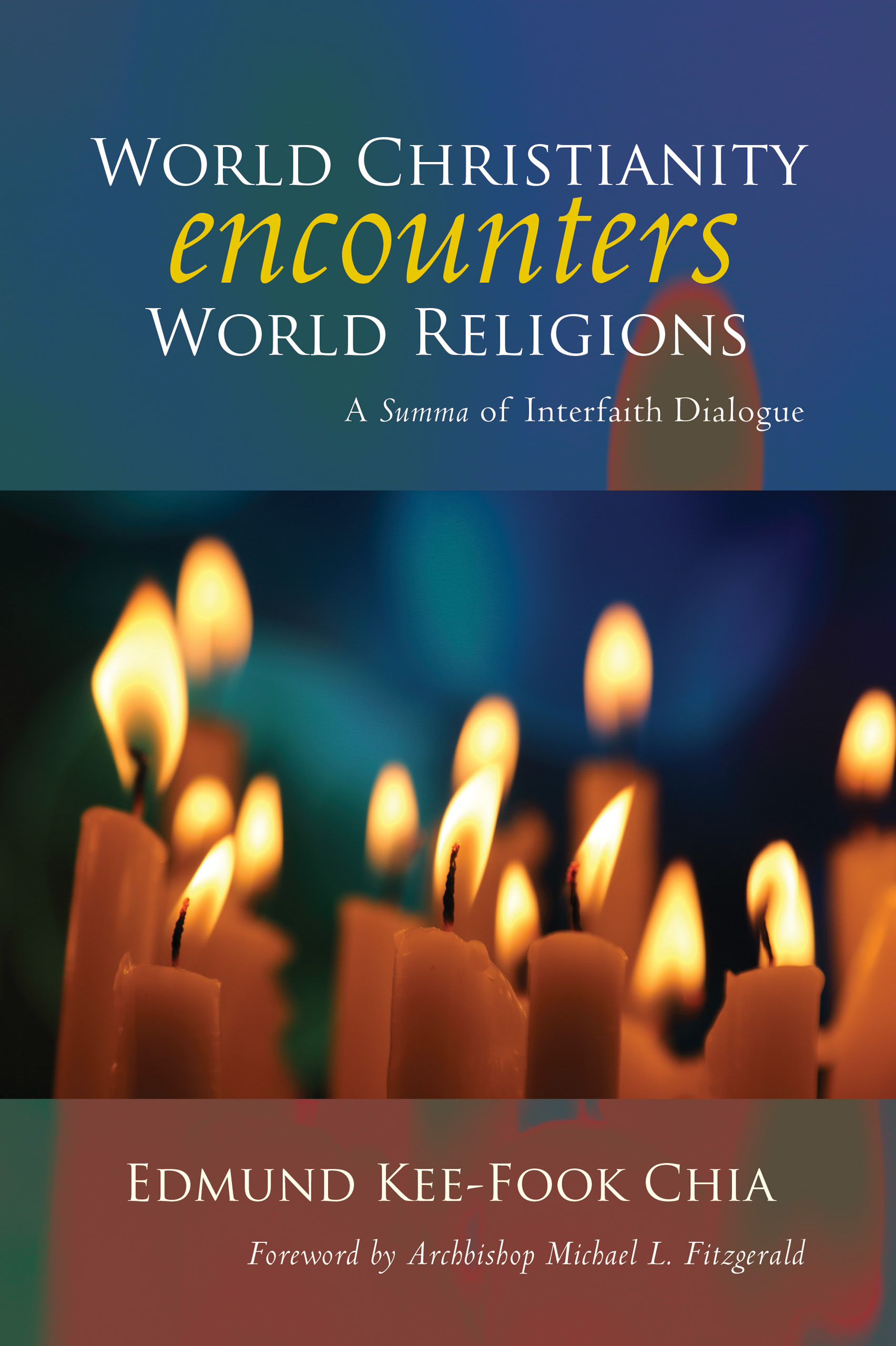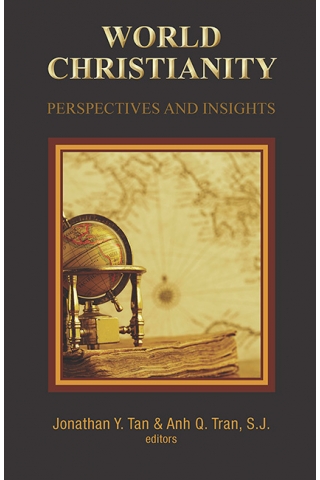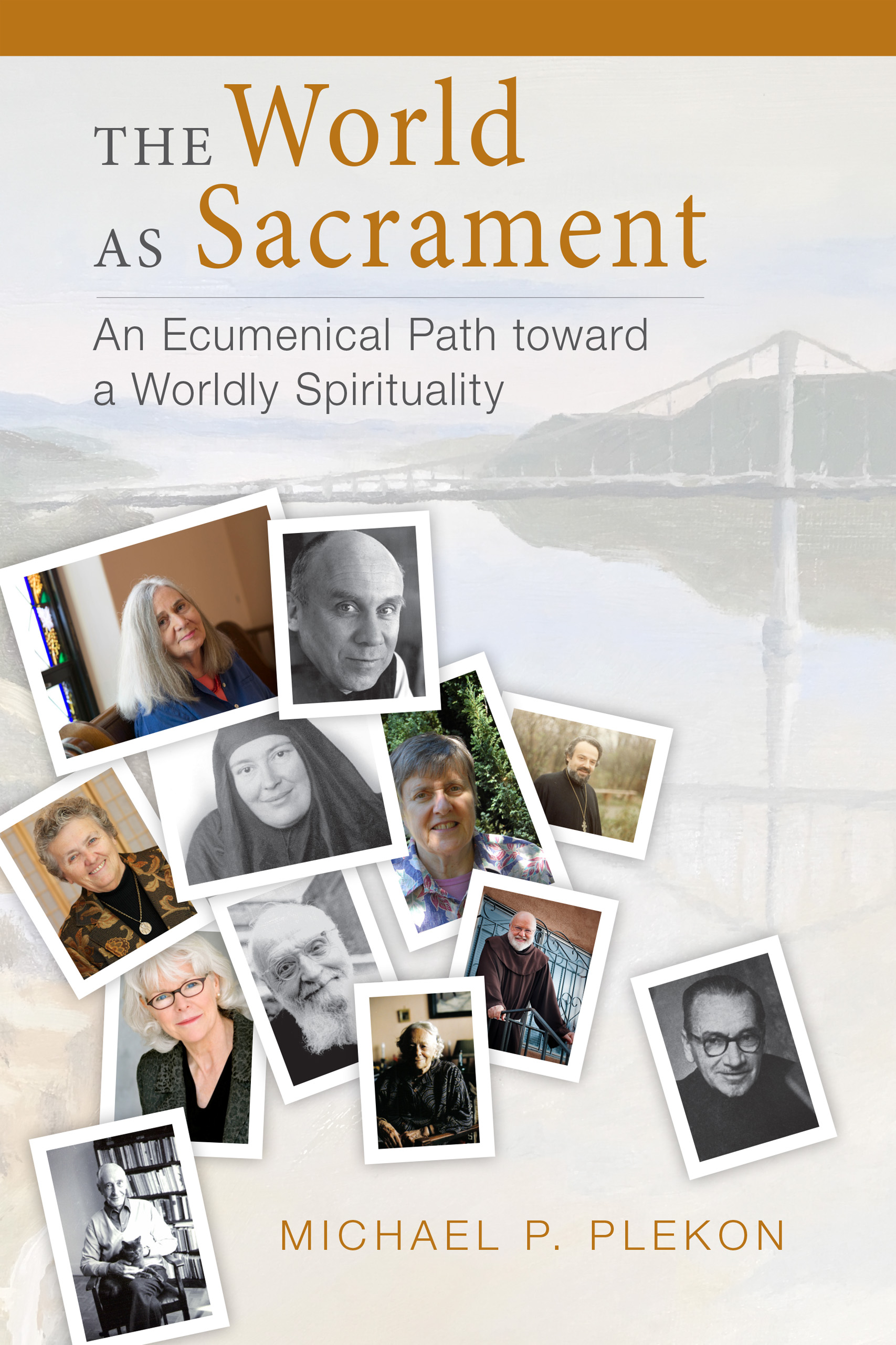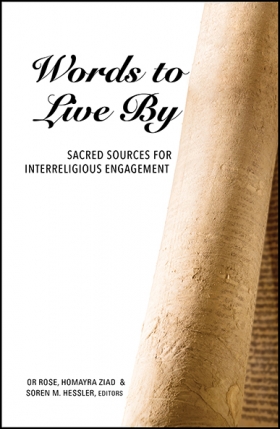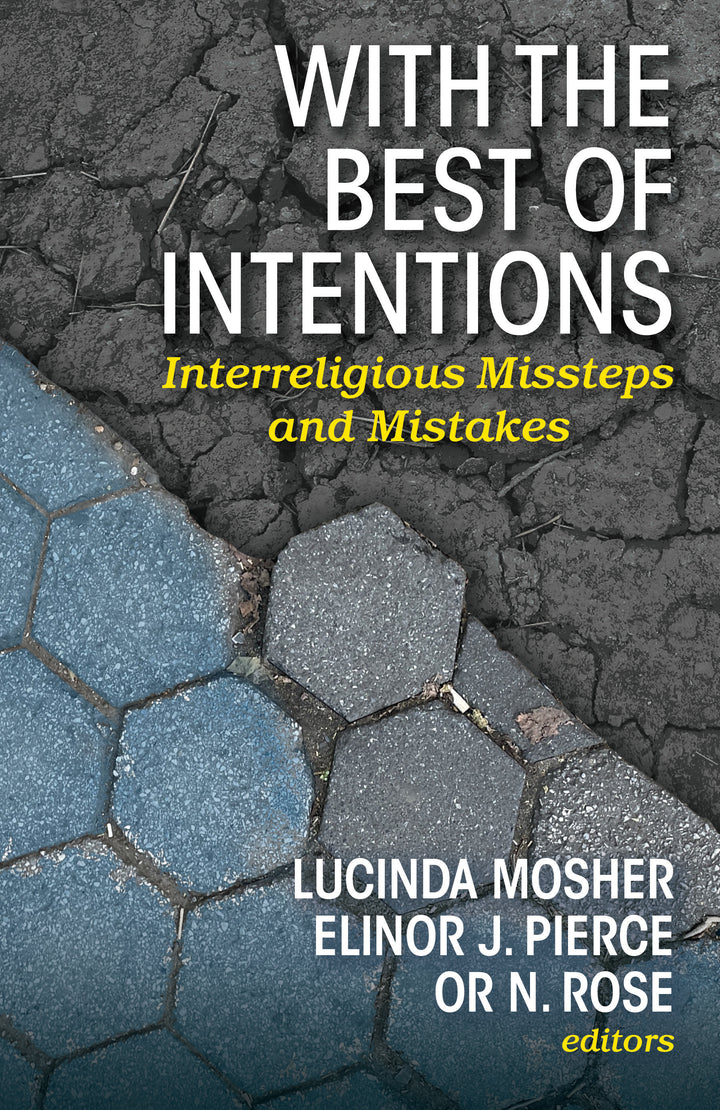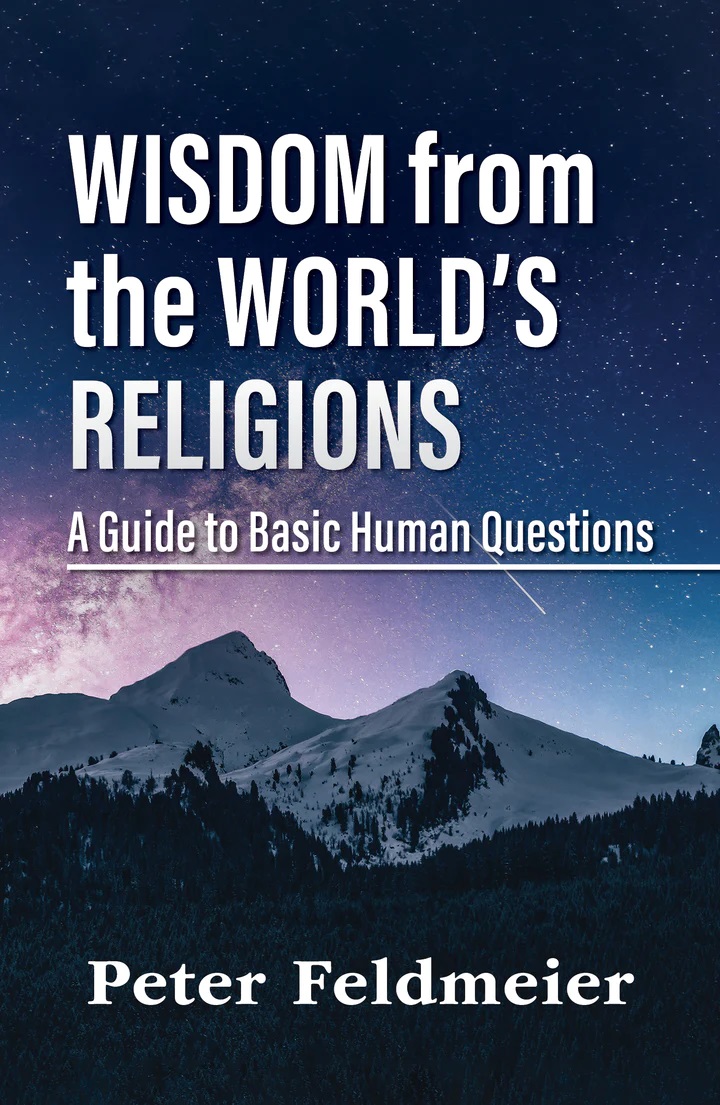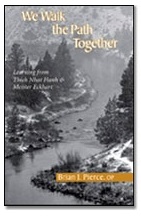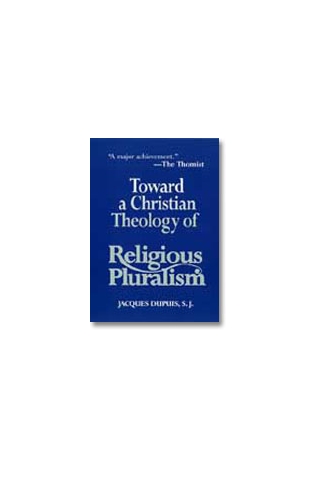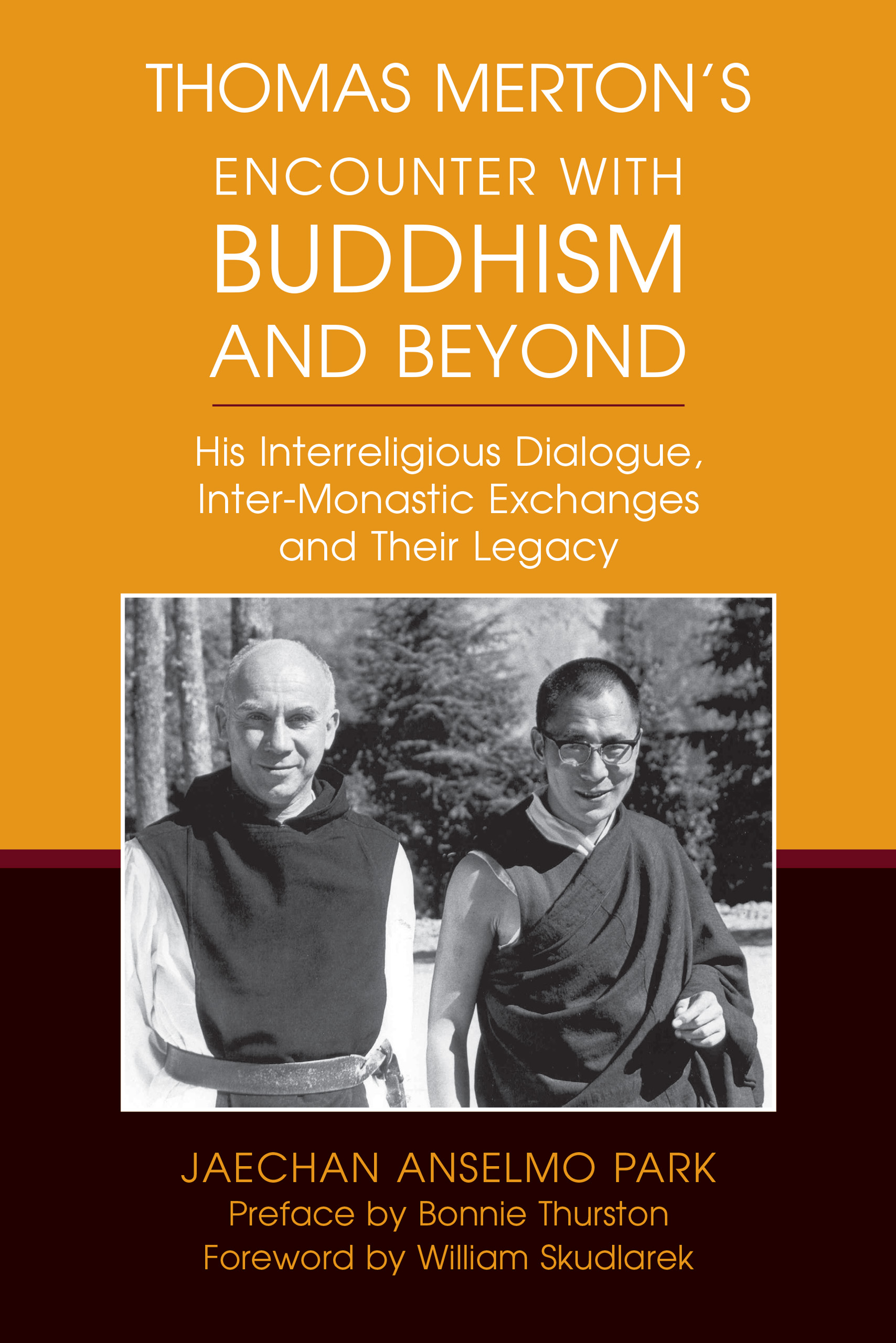The English-language translation of Part Two of the first volume of Raimon Panikkar’s Opera Omnia follows Part 1’s treatment of mysticism, “the supreme experience of reality,” with Panikkar’s insights into spirituality, “the path toward that supreme experience.” Panikkar defines spirituality broadly, warning against artificial bifurcations between body and spirit, immanent and transcendent, and the world of humanity and the existence of the divine. Panikkar also reminds Christians they cannot forsake twenty-five centuries of tradition in their hunger for the spiritual insights of the East, but should instead strive for a return to tradition paired with cross-fertilization among all human traditions to find spirituality for our time.
Raimon Panikkar (1918-2010) made pioneering contributions in the areas of interreligious dialogue, comparative theology, and the phenomenology of religion, while bridging different religions and cultures (Christianity, Buddhism, Hinduism), and effecting insightful conversation between the so called sacred and secular worlds. These diverse contributions were tied together in a unifying vision he called his “cosmotheandric intuition,” the deep interconnection of Divine, the Cosmic and the Human.

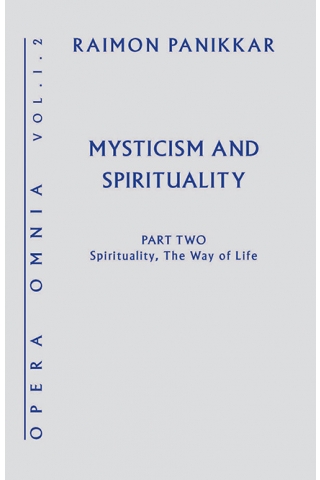
 Back
Back
